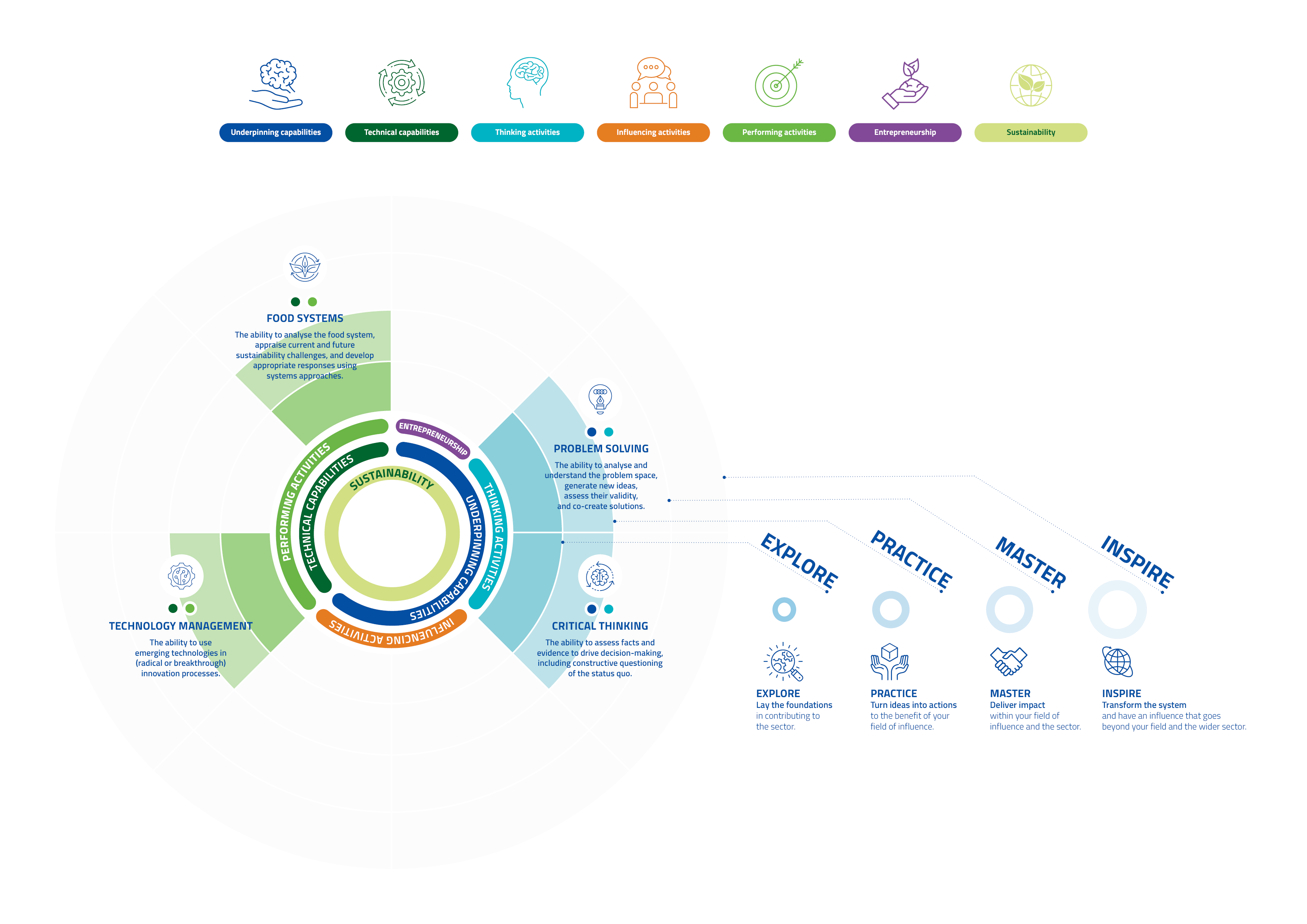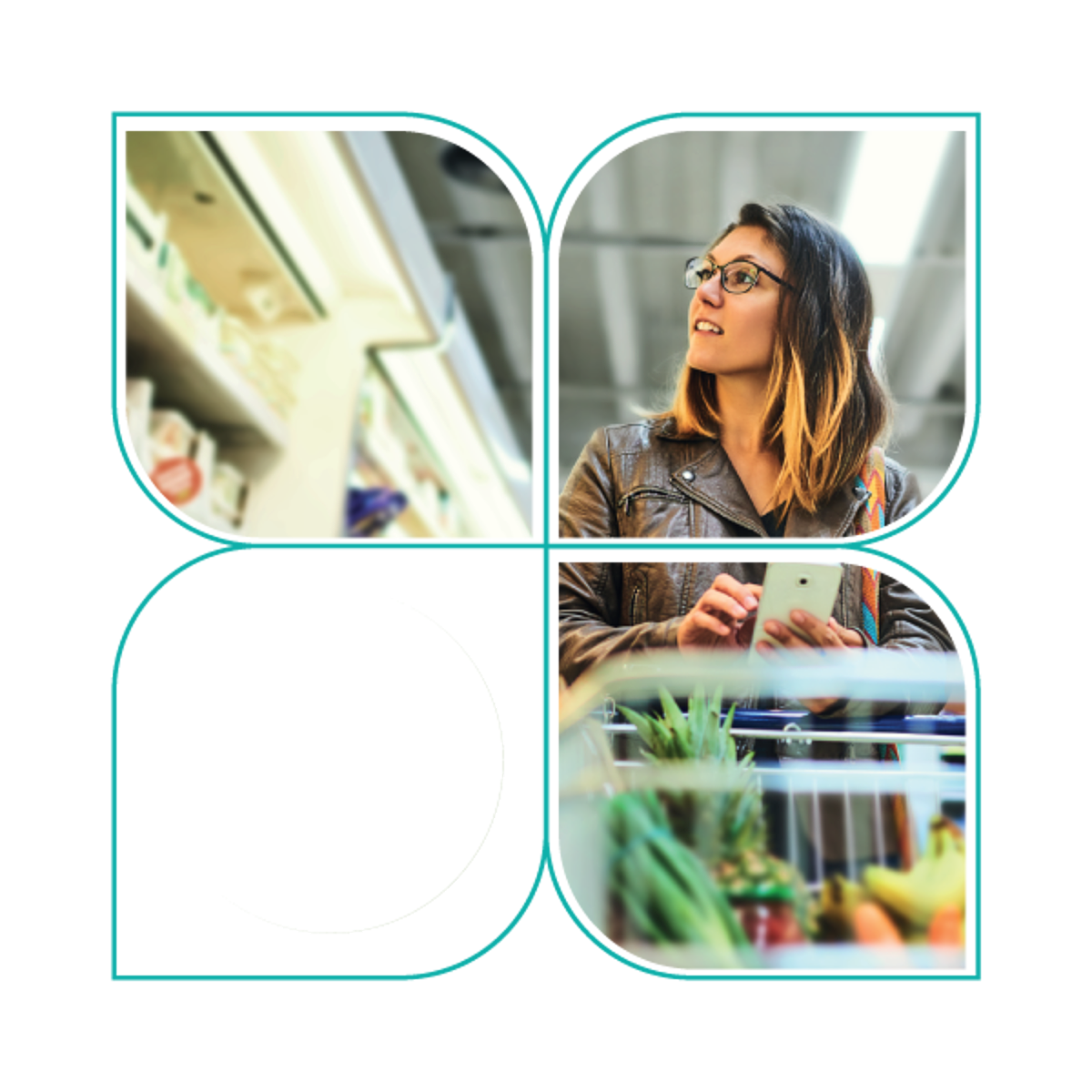Algae Biotechnology
Techniques and opportunities for a sustainable bioeconomy


Course information
- Level
-
Professionals
- Applications
-
Closed for new applications. The applications for 2024 courses will open later.
- Dates
-
28th November 2023 - 19th April 2024
Overview: Algae Biotechnology
About : Provide introductory training and theory in algal biology
The aim of this professional development programme is to provide introductory training and theory in algal biology, culturing, growth and biotechnology under laboratory and small scale pilot facilities. The course will also offer insights and examples from an industrial and entrepreneurial perspective, that can help the participants to found or improve their own algal-based business. The delivery of both online and in-person will ensure that new and re-established networks will occur for all delegates across an international sector and attendees.
No formal qualifications are required, but attendance is made on the application where you will need to describe your reasons for attending the courses. The course is open to anyone with a Bachelor, MSc or PhD degree or substantial experience within the aquaculture sector or food system, especially those within the EU and EU and EIT Food associated countries.
Please note that the online course will be given live in UK/CET time (we expect between 10am and 5pm), please factor this timezone in if your are planning to join from other time zones.
Please check your visa status for UK entry if you are also planning to join the UK in-person course in April 2024.
The course is hosted by the University of Cambridge Algal Innovation Centre (AIC) (UK) https://www.plantsci.cam.ac.uk/impact/algal-innovation-centre, Scottish Association for Marine Science (SAMS) https://www.sams.ac.uk/, Fraunhofer Institute for Interfacial Engineering and Biotechnology IGB (Germany) https://www.igb.fraunhofer.de/en.html and Matis (Iceland) https://matis.is/en/.
Learning Objectives :
- LO1-From Academia to industry: Understand the algal biotechnology sector. Starting with taxonomy, the physiology and how algal farming works in theory and practice.
- LO2-The tech behind Algae: Learn about the technology required in algal cultivation, the use of photobioreactors, best practice and measurements used for biochemical composition and molecular biology screening.
- LO3-Requirements for the industry: Learn how to translate innovations into feasible business solutions for the food sector and the wider Blue Economy.
What you'll learn : You will learn the following competencies

Food systems
- Analyse the food system using a range of systems approaches to appraise current and future sustainability challenges
- Implement innovative responses to address sustainability challenges in the food system
Problem solving
- Appraise the problem space to identify current and future needs
- Mobilise effective methodologies to generate new ideas
- Appraise the validity of new ideas and co-create sustainable solutions
Critical thinking
- Collect, analyse, interpret and report information to develop sustainable solutions to current and future challenges
- Appraise unintended consequences of any course of action to devise ethical goals
Technology management
- Appraise the efficacy of existing and emerging technologies in innovation processes
- Mobilise appropriate technologies in innovation processes
- Contribute to the development of new technologies
- Manage IPRs
Structure and Modules : You can join the course in three ways
- 3-day online course (28th -30th November 2023) followed by 5 days in-person course (15th – 19th April 2024) at the University of Cambridge, Algal Innovation Centre, UK. (places limited to 30 people)
- 3-day online course only (28th -30th November 2023) (place limited to 60 people)
- 5 days in-person course only (15th – 19th April 2024) at the University of Cambridge, Algal Innovation Centre, UK. (places limited to 30 people)
Module 1: From Academia to industry. In this module we focus on how innovative solution are being developed and tested and the various aspects that is required before it can be implemented in industry. This module will have topics such as current issues in large scale; the link between academia and industry, how to translate ideas to industry; collaboration between academia and industry and how industry can drive academia.
Module 2: The tech behind Algae. In this module we discuss the technology required in algal cultivation, the use of photobioreactors, which day-to day measurements and cultivation conditions are required all the way down to specialized analytical techniques (HPLC, GC) used for biochemical composition and molecular biology screening methods.
Module 3: Requirements for the industry from a social, legal, safety and marketing perspective. This module focusses on how society perceive and engages with algae. What the current issues and limitations of algal cultivation are from a legal, environmental, food safety and governmental perspective and discuss potential solutions.
We have carefully planned an exciting and engaging course which includes a daily programme of lecture/seminars introducing the theory of techniques, SOPs best practice and live demonstration of equipment and facilities. The course will also offer insights and examples from an industrial and entrepreneurial perspective, that can help the participants to found or improve their own algal-based business.
The content will be delivered from our academic and industrial partners in the UK, Iceland and Germany throughout the online and in-person courses.
You can sign up for both the online and the in-person, or just the online or just the in-person course. Please note we can only take 30 people for the in-person and 60 people for the online course.
Practical : What you need to know
Participation Fees
- In-person and online: In-person and online: 425€
- Online only (November 2023): Online only (November 2023): 75€
- In-person only (April 2024): In-person only (April 2024): 350€
For more information about the online course please contact Dr Matthew Davey matt.davey@sams.ac.uk and for the in-person course Dr Payam Mehrshahi pm579@cam.ac.uk
Related courses
View our full course catalogue

Pathways to Impact for PhDs


InfraBooster Foundation


Food Solutions